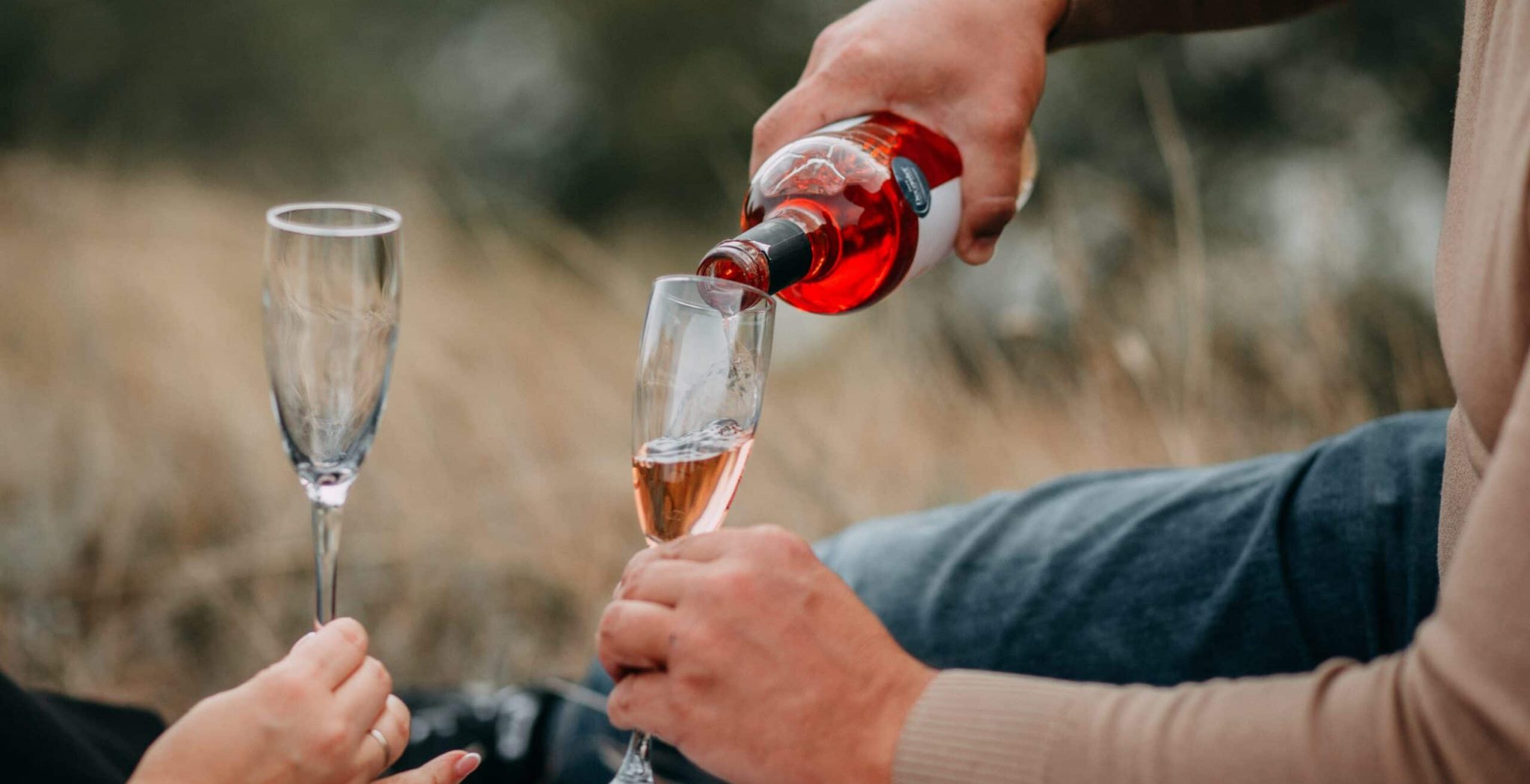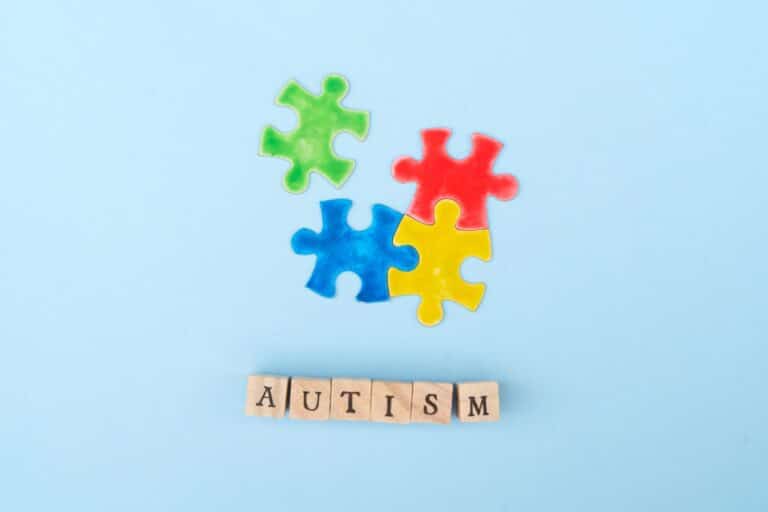We pretty much all know the dangers of drinking too much. If you’ve ever woken up after a night of excessive drinking, you know that the hangover alone can wreak havoc on your body, not to mention the long-term effects alcohol can have on your insides and even your skin.
What you may be less aware of, however, is how much sugar is in alcoholic drinks and the negative effects that this can also have on your body.
While mild amounts of alcohol and sugar are not going to completely derail your physical health, you might be surprised to find how easily the sugar content in alcohol can turn your night out into a sugar-filled binge.
Here, we’ll break down some of the dangers of excessive sugar consumption, and what excessive sugar consumption even is. We’ll show you how much sugar is in some of your favorite alcoholic beverages so you can be aware the next time you reach for a drink.
Dangers of Sugar Content in Alcohol
Sugar is in almost everything you consume every day and that’s not a bad thing. Sugar occurs naturally in anything that also contains carbohydrates and your body needs carbohydrates for the energy that fuels your day-to-day activities.
However, added sugar and sugar from alcohol are where things can get a bit more dangerous. Excess sugar has well-documented ties with obesity and diabetes as well as chronic inflammation and heart problems.
Especially when paired with excessive alcohol, sugar can do serious damage to your liver as well. This can contribute to fatty liver disease which also leads to diabetes and heart problems. But in your day-to-day life, binging on alcohols high in sugar can also lead to even worse hangover symptoms the next day.
What Is Too Much Sugar?
You might be wondering to yourself, so what is too much sugar anyway? The American Heart Association recommends limiting added sugar to 9 teaspoons (or 36 grams) a day for men and 6 teaspoons (or 25 grams) a day for most women and children.
For some people, this may seem like a lot (or maybe very little if you’re particularly fond of sugar). However, you’d be surprised how much added sugar is in the food you consume every day, such as sodas, fruit juices, and even bread and other baked goods.
Any sugar that you consume from alcohol also counts as added sugar as the alcohol does not have any other nutritional contents. This is why being conscious not only of the added sugar that you consume every day but also of the sugar content in alcohol is crucial to living a healthy lifestyle.
What’s in Wine?
So, let’s start by breaking down the sugar content in some of the most commonly consumed alcohols. There are many, many types of wine in the world and, as you might expect, they have varying sugar contents.
Fortunately, the average sugar content for a glass of wine is pretty low—around 1 gram for a standard glass of white wine and 1.5 grams for a standard glass of red wine.
However, it probably comes as no surprise that sweeter wines, like Riesling or Moscato, have a higher sugar content per glass. Dessert wines can have as many as 8 grams of sugar per serving, so it’s best to stick to the drier stuff and practice moderation if you plan to indulge in something sweeter.
What About Beer?
Beer is a bit of a different story when it comes to sugar content. In fact, most beers actually contain very little or no sugar. However, what it lacks in sugar, it makes up for in carbohydrates.
Regular beer has around 12 grams of carbohydrates per serving, but this can vary with lighter beers that have lower carbs and heavier beers like IPAs that can have much more.
Even if your drink does not have super high sugar content, it can still have a high carbohydrate content and be higher in calories. Beer might be a better choice if you’re watching your sugar intake, but remember that this doesn’t mean that drinking a bunch of beers in a row is good for you.
Spirits, Liqueurs, and Mixers
Spirits and mixed drinks are often when people end up consuming the most sugar in alcohol. While distilled spirits like gin and vodka don’t actually contain any sugar, we often add these to mixed drinks with other sugary mixers added, like soda, energy drinks, or even fruit juice.
A can of Red Bull alone has 27 grams of sugar. Orange juice can add up to 20 grams of sugar to your mimosa or screwdriver cocktail. And even the addition of tonic water to your gin and tonic can add a considerable amount of sugar.
Liqueurs are also a prime contender for the alcohol with the highest sugar content. A serving of Kahlua can have as much as 33 grams of sugar! However, these sugary liqueurs are often added to other mixed drinks that add on even more sugar and calories.
If you’re avoiding adding excess sugar to your diet, liqueurs and mixed drinks are definitely a big thing to avoid.
How Much Sugar Is in Alcoholic Drinks?
Ultimately, there is not a set sugar content in alcohol. And because of the ways that companies label their products, you might not always know exactly how much sugar is in alcoholic drinks.
Sugar and alcohol do not have to be inherently bad things for you when enjoyed in moderation. However, it is important to keep in mind what’s going into your drink (and into your body) before you start downing drinks.
Contact us at Southern California Sunrise today to start getting your life back from alcohol addiction.






